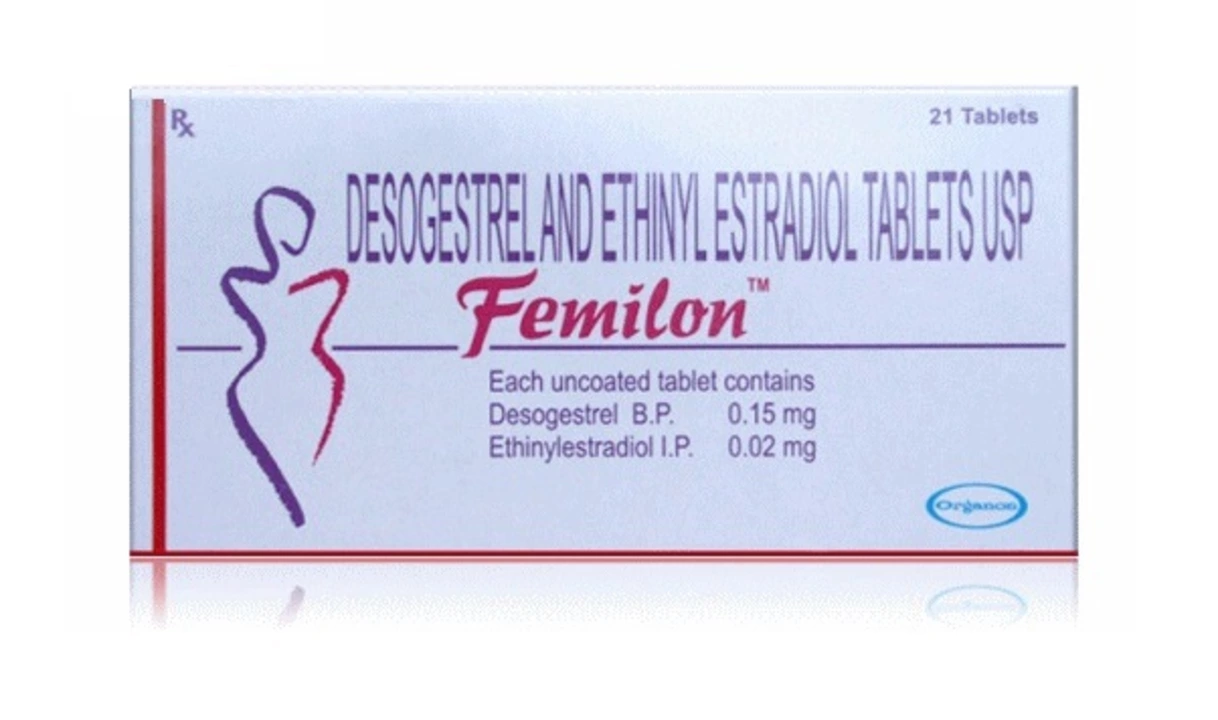Hormonal treatment — what it is and when you might need it
Hormonal treatment changes how your body works by replacing, blocking, or adjusting hormones. That can mean better control of symptoms — but it can also shift your mood, weight, sleep, and energy. Want a clearer view without the jargon? This page breaks down the common options, what they do, and how to use them safely.
Common types and what they treat
Corticosteroids (like prednisone or prednisolone) calm inflammation fast. Doctors use them for asthma, autoimmune flare-ups, and severe allergies. Sex-hormone treatments cover a lot: birth control pills, testosterone replacement, and menopausal HRT. They handle contraception, low libido, hot flashes, or low testosterone symptoms. Thyroid hormones (levothyroxine) correct low thyroid function and restore energy and metabolism. In cancer care, hormonal therapies like tamoxifen or aromatase inhibitors block hormones fueling certain tumors. There’s also topical hormone work — creams for vaginal atrophy or skin conditions — which affect a small area rather than the whole body.
Some drugs labeled under “hormonal treatment” aren’t hormones themselves but change hormone-driven processes. Methotrexate, for example, is an immune and cell-growth blocker often used in rheumatology; it’s part of broader strategies when steroids aren’t ideal long term. If you’re curious about switching from steroids to drugs like methotrexate, look up real patient outcome guides before you change anything.
Safety, monitoring, and making smart choices
Hormones can work fast — and their effects can be wide. That’s why monitoring matters. Expect blood tests, dose checks, and follow-up visits when you start or change treatment. Steroids often need a taper to avoid withdrawal. Sex-hormone therapies may affect blood pressure, clot risk, or mood. Thyroid dosing needs fine-tuning; too much or too little creates noticeable symptoms.
Ask your prescriber how long treatment will run and what side effects to watch for. Keep a simple log of symptoms, weight, sleep, and mood for the first few months. That record helps your doctor adjust treatment faster. If you take other meds, mention supplements and herbal products — interactions are real and sometimes serious.
Buying meds online? Use only licensed pharmacies that require a prescription and show clear contact details. Never buy controlled or prescription drugs without a valid script and a pharmacist review. Our site has guides on buying safely and how to spot risky sellers if you want more tips.
Hormonal treatment can improve quality of life when used correctly. Ask questions, get baseline labs, and keep in touch with your care team. Small checks early on save big problems later.

Ethinylestradiol and its Role in Managing Menstrual Migraines
As a sufferer of menstrual migraines, I've recently discovered the role of Ethinylestradiol in managing this painful condition. Ethinylestradiol is a synthetic estrogen hormone that can help stabilize hormonal fluctuations during the menstrual cycle. By doing so, it has the potential to reduce the frequency and severity of migraines associated with periods. Many women, including myself, have found relief by using birth control pills containing Ethinylestradiol. It's definitely worth discussing with your healthcare provider if you're struggling with menstrual migraines.
Read more